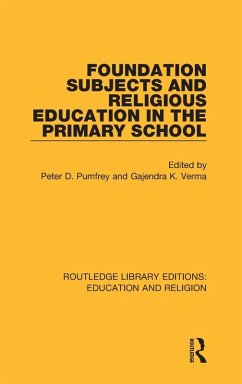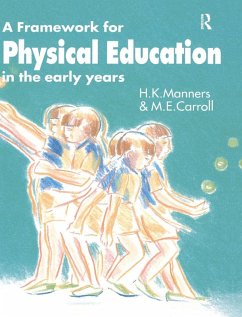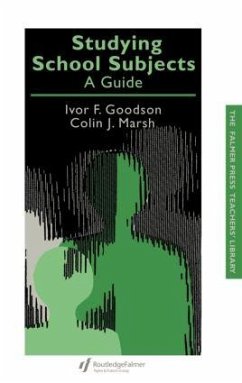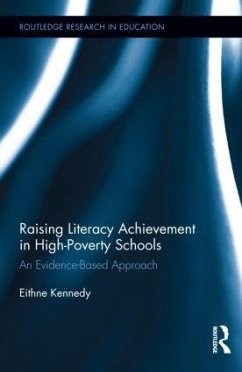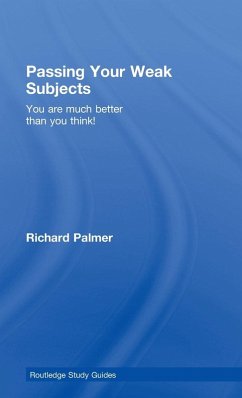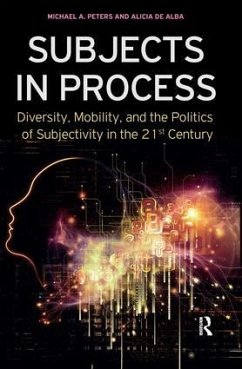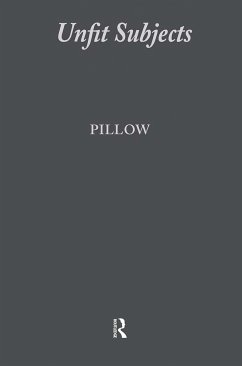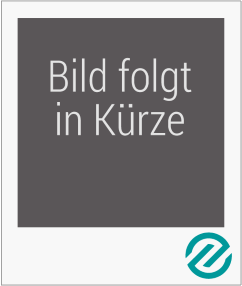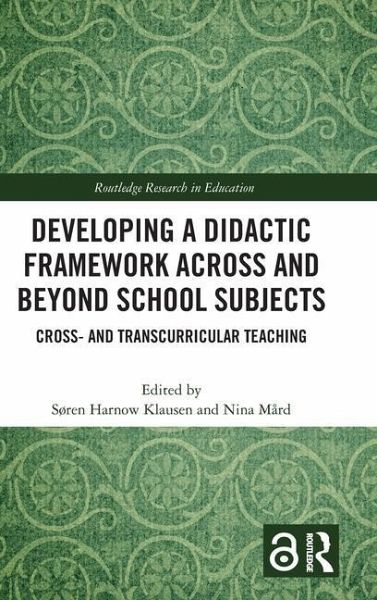
Developing a Didactic Framework Across and Beyond School Subjects
Cross- and Transcurricular Teaching
Herausgeber: Klausen, Søren Harnow; Mård, Nina
Versandkostenfrei!
Versandfertig in 1-2 Wochen
171,99 €
inkl. MwSt.
Weitere Ausgaben:

PAYBACK Punkte
86 °P sammeln!
Centred around a contemporary conception of Bildung, this book effectively demonstrates how the aims of cross- and transcurricular teaching can be reconciled, resulting in a didactic framework for teaching and learning in secondary schools that can be applied internationally.





